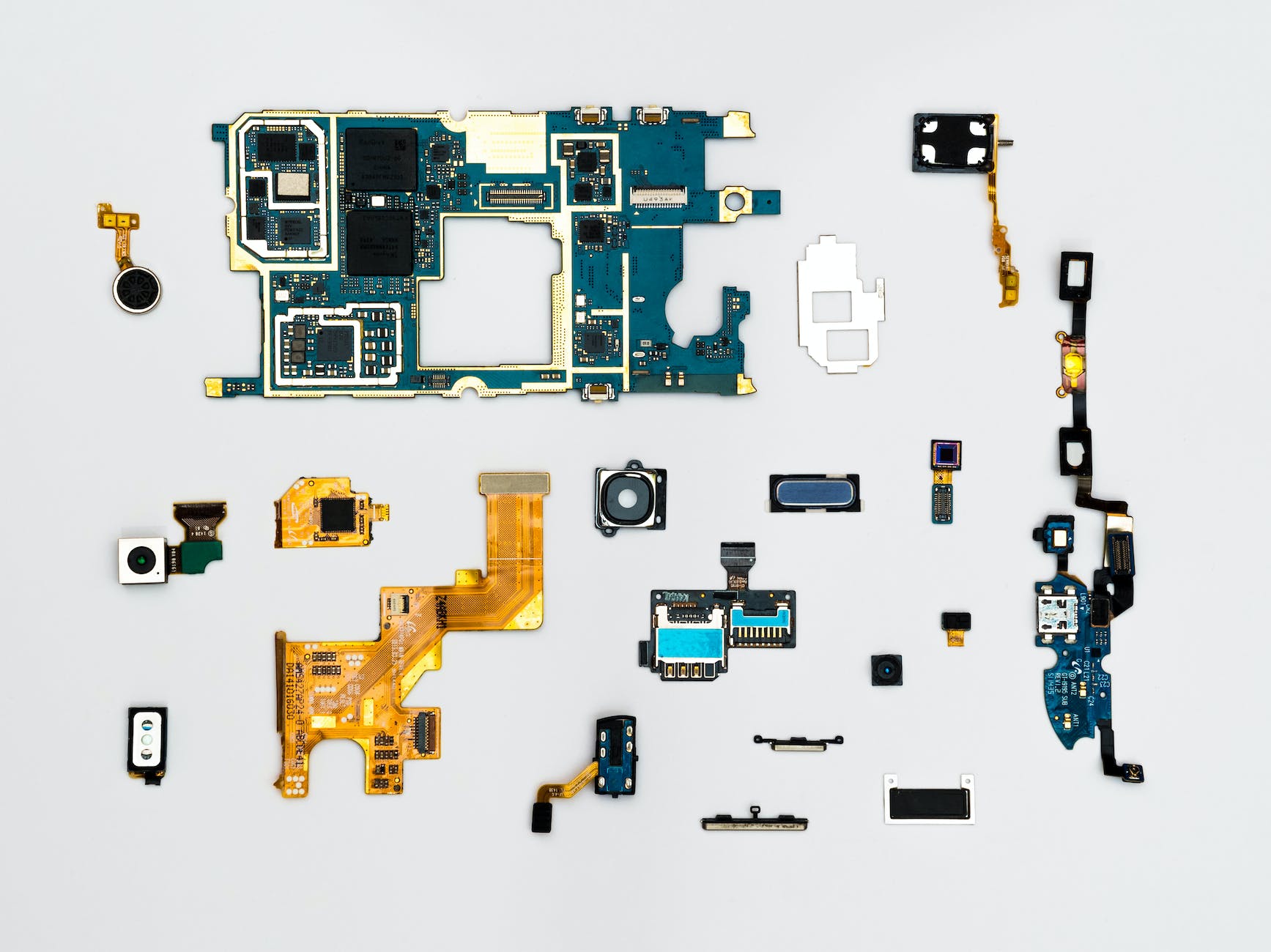In today’s fast-paced world, owning a car has become a necessity for many individuals. With the increasing number of vehicles on the road, it’s crucial to prioritize your safety and financial security by getting the right car insurance. However, finding the best car insurance deal can be a daunting task. With numerous providers and policies available in the market, it’s essential to compare your options carefully to make an informed decision. In this comprehensive guide, we’ll walk you through the process of car insurance comparison, empowering you to find the best deal that suits your needs and budget.
Understanding Car Insurance Coverage
Before diving into the world of car insurance comparison, it’s crucial to have a clear understanding of the different coverage options available. Car insurance typically consists of several types of coverage, each serving a specific purpose. Here are the key coverage types you need to be familiar with:
- Liability Coverage: This type of coverage is mandatory in most states and provides financial protection if you cause an accident that results in bodily injury or property damage to others.
- Collision Coverage: Collision coverage pays for the repair or replacement of your vehicle in case of an accident, regardless of who is at fault.
- Comprehensive Coverage: Comprehensive coverage protects your vehicle against non-collision-related incidents, such as theft, vandalism, or natural disasters.
- Personal Injury Protection (PIP): PIP coverage provides medical expenses and other related costs for you and your passengers in the event of an accident.
Steps to Compare Car Insurance Policies
Now that you have a solid understanding of the various coverage types, it’s time to dive into the process of comparing car insurance policies. By following these steps, you can ensure that you’re making an informed decision and finding the best deal:
- Assess Your Needs: Begin by evaluating your individual needs and requirements. Consider factors such as your driving habits, the value of your vehicle, and your budget. This self-assessment will help you determine the appropriate coverage levels for your situation.
- Research Multiple Providers: Don’t settle for the first car insurance provider you come across. Research and compile a list of reputable insurance companies that offer coverage in your area. Look for providers with a strong track record, positive customer reviews, and competitive rates.
- Compare Coverage Options: Once you have a list of potential providers, it’s time to compare their coverage options. Look for policies that align with your specific needs and provide adequate protection. Pay close attention to the coverage limits, deductibles, and any additional benefits offered.
- Obtain Quotes: Reach out to the shortlisted insurance providers and request quotes for the desired coverage. Be sure to provide accurate information about yourself and your vehicle to receive the most accurate quotes. Consider obtaining quotes from at least three different providers to ensure a fair comparison.
- Evaluate Premiums and Deductibles: When comparing quotes, focus not only on the premium but also on the deductible. The premium is the amount you’ll pay for coverage, while the deductible is the out-of-pocket amount you’ll need to pay before your insurance kicks in. Strike a balance between a reasonable premium and a deductible that you can comfortably afford.
- Consider Discounts: Many car insurance providers offer various discounts that can help reduce your premium. Look for discounts such as safe driver discounts, multi-policy discounts, or discounts for installing safety features in your vehicle. Take advantage of these opportunities to further lower your insurance costs.
- Review Policy Terms and Conditions: Before finalizing your decision, carefully review the terms and conditions of each policy. Pay attention to any exclusions or limitations that may affect your coverage. Ensure that you fully understand the policy before signing on the dotted line.
The Importance of Car Insurance Comparison
Car insurance comparison is vital for several reasons. Firstly, it allows you to find the best coverage options tailored to your unique needs. By exploring different providers, you can uncover policies that offer superior benefits, higher coverage limits, or more favorable terms and conditions. Secondly, comparing car insurance quotes helps you secure the most competitive rates available in the market. By obtaining multiple quotes and negotiating with providers, you can potentially save hundreds of dollars each year on your premiums.
Moreover, car insurance comparison provides an opportunity to assess the customer service reputation of different insurance companies. By reading customer reviews and checking complaint records, you can gain insights into how insurers handle claims and interact with their policyholders. Opting for a provider with a strong customer service track record ensures a smooth and hassle-free experience in times of need.
Conclusion
Finding the best car insurance deal requires time, research, and careful consideration. By following the steps outlined in this guide, you can navigate the car insurance market with confidence and make an informed decision. Remember to assess your needs, research multiple providers, compare coverage options, and evaluate quotes. Keep in mind that the cheapest policy may not always be the best, as it’s essential to strike a balance between cost and coverage. Take advantage of available discounts and thoroughly review the policy terms and conditions before making a final decision. By investing effort into car insurance comparison, you can secure the best deal that offers optimal protection and peace of mind on the road.










